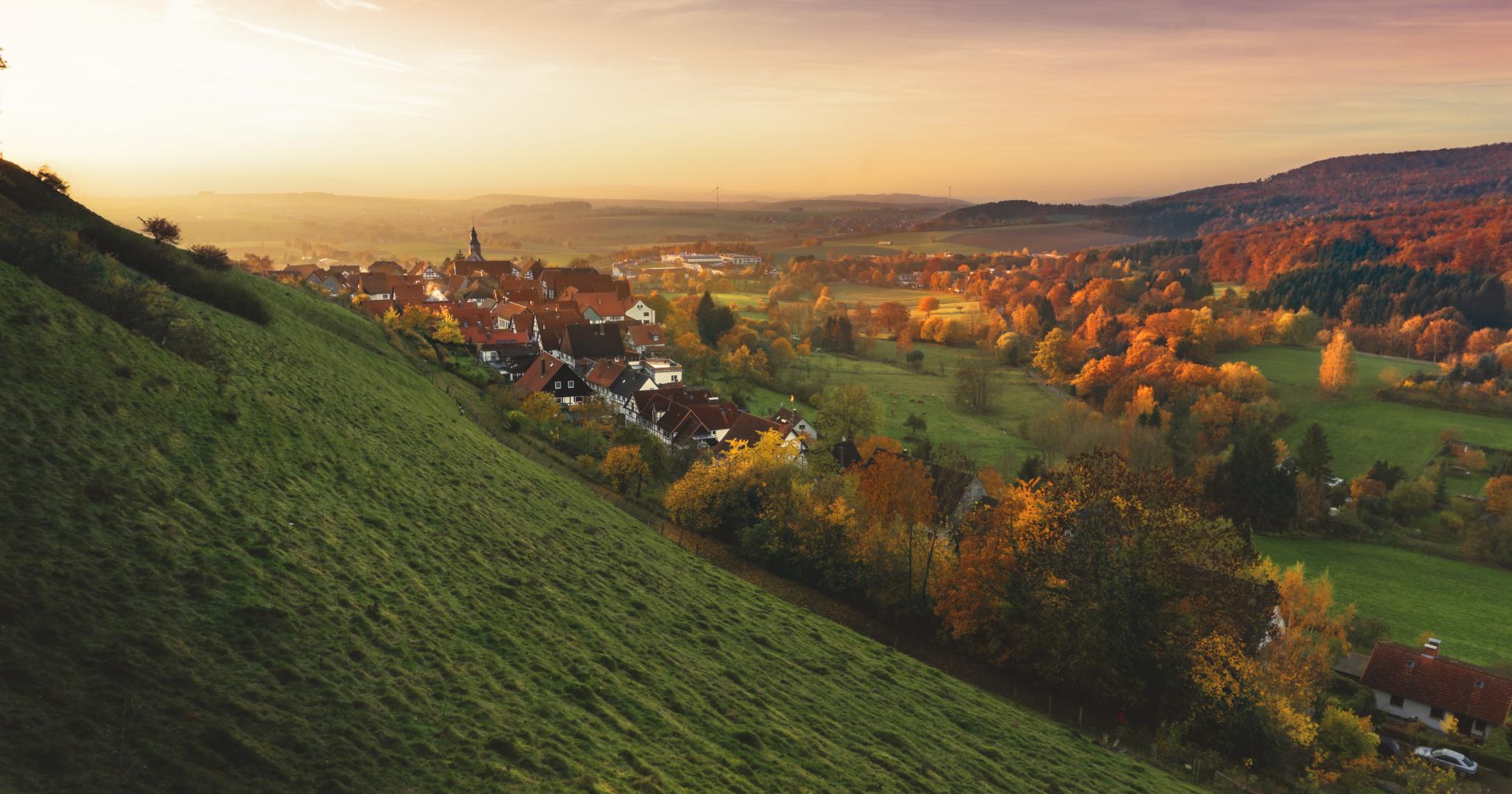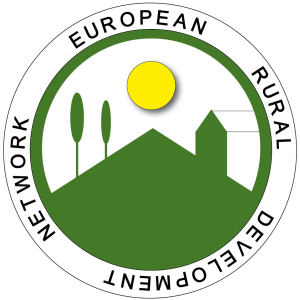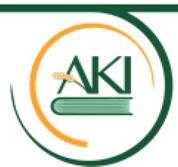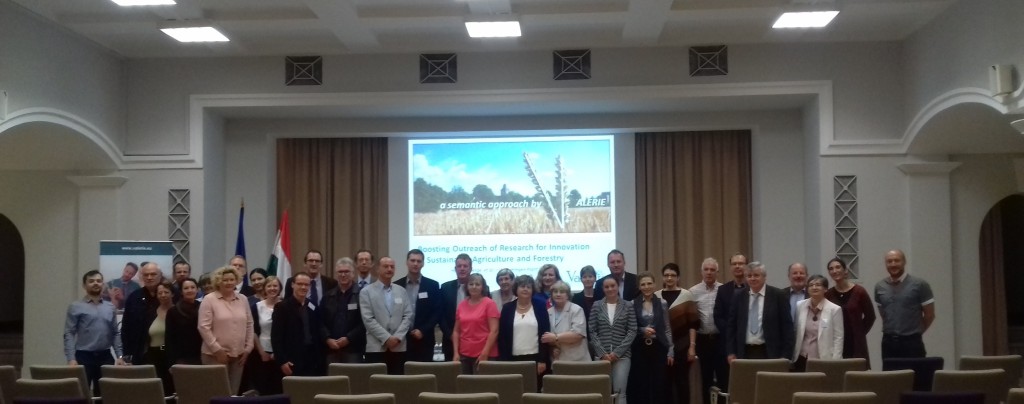14th European Rural Development
Network Conference
Budapest, 3-5 October 2016
Knowledge sharing and innovation in agriculture and rural areas
Download post-Conference info:
- European Rural Development Network Policy Brief: Knowledge sharing and innovation in agriculture and rural areas: more attention should be paid to regional differences across the European Union by dr. Andrew Fieldsend
- Book of Abstracts
- Conference Agenda
- List of Organisations
- Bericht über die 14th ERDN Conference by dr. Theresia Oedl-Wieser and dr. Klaus Wagner on the blog of the Austrian Society of Agricultural Economics (ÖGA, Österreichische Gesellschaft für Agrarökonomie) (in German)
Other:
All speakers have been asked to submit their papers for publication by Monday 5 December, 2016 to: erdn2016@aki.gov.hu
Eight papers will be published in a thematic issue of the AKI Web of Science™ journal Studies in Agricultural Economics (www.aki.gov.hu/studies). All other papers will be peer-reviewed and published in the ERDN Rural Areas and Development yearbook.
Background
The European Union (EU) has introduced new policy instruments such as the EIP-Agri and multi-actor partnerships in an attempt to stimulate innovation in agriculture. In addition, Leader has been replaced by the multi-funded Community-Led Local Development approach. These initiatives are being implemented across the EU despite the great variety of agricultural and rural circumstances, and in particular the continuing differences between post-socialist Member States and other parts of the EU in terms of farm structure, social attitudes and so on. Can programmes that have primarily been developed from a western EU perspective ever be successfully implemented in the eastern EU or is a different approach needed? Although it is still rather early to assess the degree of success in the implementation of the new approaches, the debate on the possible shape of EU innovation policy post-2020 has already started. Thus it is not too soon for researchers and policy makers in eastern central Europe to share their experiences and ideas on how knowledge sharing and innovation can best be encouraged in agriculture and rural areas of the eastern EU, and in the V4 countries in particular, in order to influence the post-2020 agenda.
Conference topics
While research outcomes on any aspects of knowledge sharing and innovation in agriculture and rural areas are welcome, the following topics are likely to be of particular interest:
Examples of successful farm, agri-food chain and rural innovation
- New approaches to diversification into non-agricultural activities (e.g. agritourism/rural tourism);
- Opportunities for the development of small (semi-subsistence) farms;
- The role of social farms in agriculture;
- Approaches to encouraging cooperation for innovation e.g. farm cooperatives or producer’s organisations;
- Increasing added value in the food supply chain via food initiatives, short value chains, ‘eco-food’, role of regional brands/products;
- Improving food processing and supply chain efficiency through innovation.
Enabling environment for rural innovation – policy, institutions, infrastructure
- Measures and regulations for promoting innovation in agriculture and rural areas e.g. Leader, CLLD. EIP-Agri;
- National/regional specialisation strategies;
- Subsidy programmes and other methods of financing innovation;
- Ways of supporting new entrants and young farmers in agriculture;
- The role of agri-environmental measures of RDPs, other rural/agricultural ‚green’ initiatives in supporting innovation;
- Development/improvement opportunities – especially in the less favoured rural areas – in connection to the social land programmes.
Mechanisms/processes of innovation and knowledge sharing in agriculture and rural areas
- The agricultural knowledge and innovation system (AKIS);
- New challenges for agricultural extension services;
- Social innovation in rural areas, including the social mechanisms of innovations, the social responsibility of innovations and the innovation of society;
- Motivating knowledge-based modern farming through innovation;
- Knowledge sharing patterns among farmers;
- Public-private partnerships in agriculture and rural areas.
Impacts of agricultural and rural innovation
- Spatial and territorial impacts of innovation;
- Local development and job creation in rural areas (e.g. public employment in agriculture, LEADER);
- The effects of human capital and innovation on farm economic performance and agricultural productivity;
- The effects of migration in rural areas (e. g. role of remittances in agricultural investments, demographic renewal, social risks);
- Trends of rural poverty (food and energy security) and social exclusion (e.g. gender issues, opportunities for social mobility);
- Impacts on sustainable development of agriculture and rural areas including biodiversity, ecosystem services and climate change mitigation.
Keynote presenters
- Juhász Anikó PhD, General Director of the Research Institute of Agricultural Economics, Budapest, Hungary;
- Peter Midmore, University of Aberystwyth, UK, coordinator of the EU FP7 project IMPRESA (The Impact of Research on EU Agriculture);
- Nevena Alexandrova, Agricultural Innovation Systems and Knowledge Sharing Officer, FAO, Budapest.
Workshop
- The conference agenda includes a workshop organised by the EU FP7 project VALERIE (Valorising European Research for Innovation in Agriculture and Forestry).
Presentations
All speakers will have an oral presentation of up to 15 minutes which can be accompanied by slides in PowerPoint® format. The entire conference will be held in English without translation facilities.
Organisers
Research Institute of Agricultural Economics (AKI), Budapest, Hungary, in partnership with the Institute of Agricultural and Food Economics, National Research Institute (IERiGZ-PIB), Warszawa, Poland, Slovak University of Agriculture in Nitra, Slovakia (SUA) and the Czech University of Life Sciences, Praha, Czech Republic (CULS).
Scientific committee:
- Szabolcs Biró, Research Institute of Agricultural Economics, Hungary
- Paweł Chmieliński, Institute of Agricultural and Food Economics – NRI, Poland
- Věra Majerová, Czech University of Life Sciences Prague, Czech Republic
- Katalin Katonáné Kovács, University of Debrecen, Hungary
- Monica Tudor, Institute of Agricultural Economics – Romanian Academy, Romania
- Jiří Sálus, Czech University of Life Sciences Prague, Czech Republic
- Radovan Savov, Slovak University of Agriculture in Nitra, Slovakia
- Barbara Wieliczko, Institute of Agricultural and Food Economics – NRI, Poland
Organising committee (AKI – Research Institute of Agricultural Economics):
- Andrew Fieldsend
- Szalay-Tóth Judit
- Szabó Gábor
- Menyhárt Csaba
Further details
Refreshments and meals (including a conference dinner) will be provided. There is no conference fee but participants are expected to pay their own hotel accommodation costs. Details of the conference venue and programme will be published at the end of June.
Eight papers will be published in a thematic issue of the AKI Web of Science™ journal Studies in Agricultural Economics (www.aki.gov.hu/studies). All other papers will be peer-reviewed and published in the ERDN Rural Areas and Development yearbook.
Conference email address: erdn2016@aki.gov.hu
Download a Practical guide for conference participants
Submission of extended abstracts
Extended abstracts should be at least 750 words in length and should be accompanied by a covering note that justifies the relevance of the topic to those of the conference (listed below). Each abstract will be ‘double-blind’ peer reviewed for inclusion in the conference programme by members of the conference Scientific Board. Key dates:
- 10 June: Deadline for submission of extended abstracts;
- 27 June: Notification of acceptance of presentations.
Abstracts should be submitted by email to erdn2016@aki.gov.hu
Past Flyers:
1st ANNOUNCEMENT (March, 2016).
.





